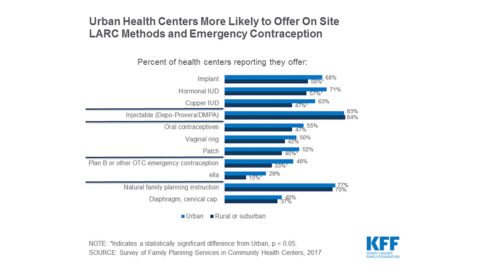
Contraception Options Limited in Rural and Suburban Areas
Geography can affect access to contraception. Women in rural and suburban areas have fewer contraception options than those in urban areas.
...more
Geography can affect access to contraception. Women in rural and suburban areas have fewer contraception options than those in urban areas.
...more
Emergency departments are often referred to as “safety nets” for low-income and uninsured patients. Accessing dental care can be difficult for patients who are not privately insured.
...more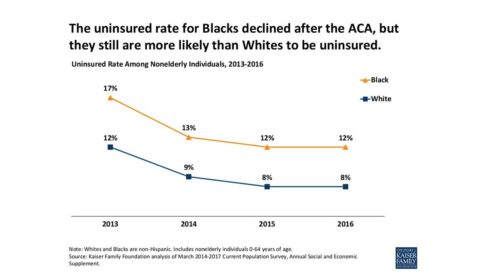
Although the percentage of those without insurance has decreased under the ACA, Black Americans are still more likely to be uninsured than White Americans.
...more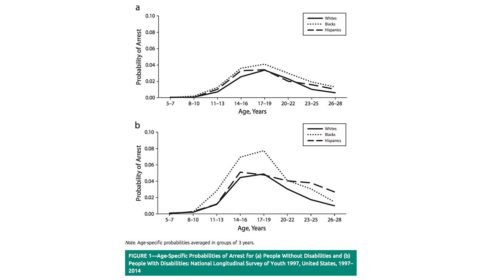
Individuals with disabilities have a higher probability of being arrested across all races, per a study in the American Journal of Public Health.
...more
NIFLA v. Becerra, currently before the Supreme Court, is a challenge to California’s Reproductive FACT Act, which requires unlicensed facilities such as crisis pregnancy centers to post a notice stating that they are not a licensed medical facility.
...more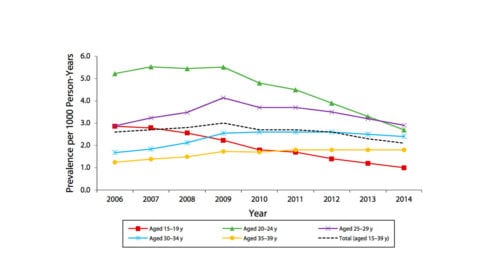

The Harlem Health Advocacy Partnership sends community health workers into housing developments to work with low-income residents to help manage chronic diseases, find affordable health insurance, and set health goals.
...more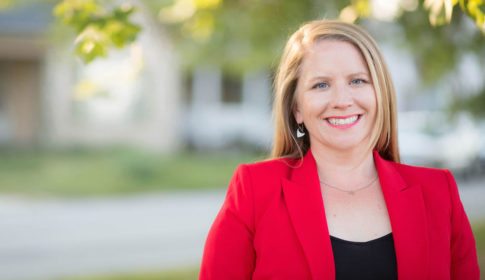
Brandi Harless, Mayor of Paducah, Kentucky, talked with Public Health Post about how her background in global health informed the initiatives she’s working on now, and the intersection of public health and public service.
...more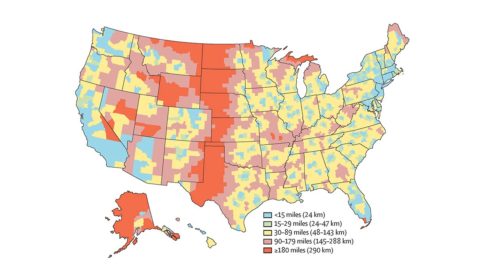
Women who want to have an abortion performed in the middle of the country must travel much farther than women living on the coasts to reach a provider, in some cases 180 miles or more.
...more
Public Health Post sat down with Dr. Sally Satel, practicing psychiatrist at the Partners in Drug Abuse Rehabilitation and Counseling Clinic in Washington, D.C., to discuss the opioid epidemic.
...more